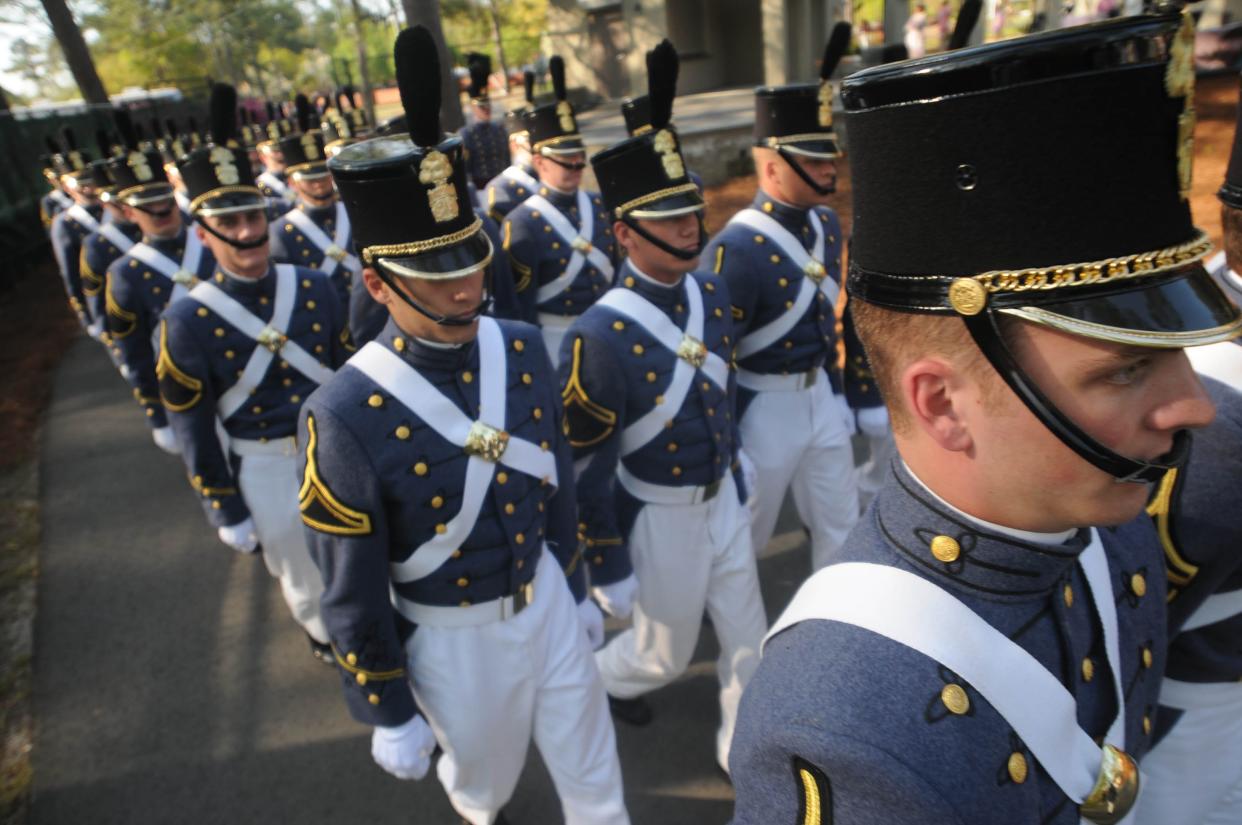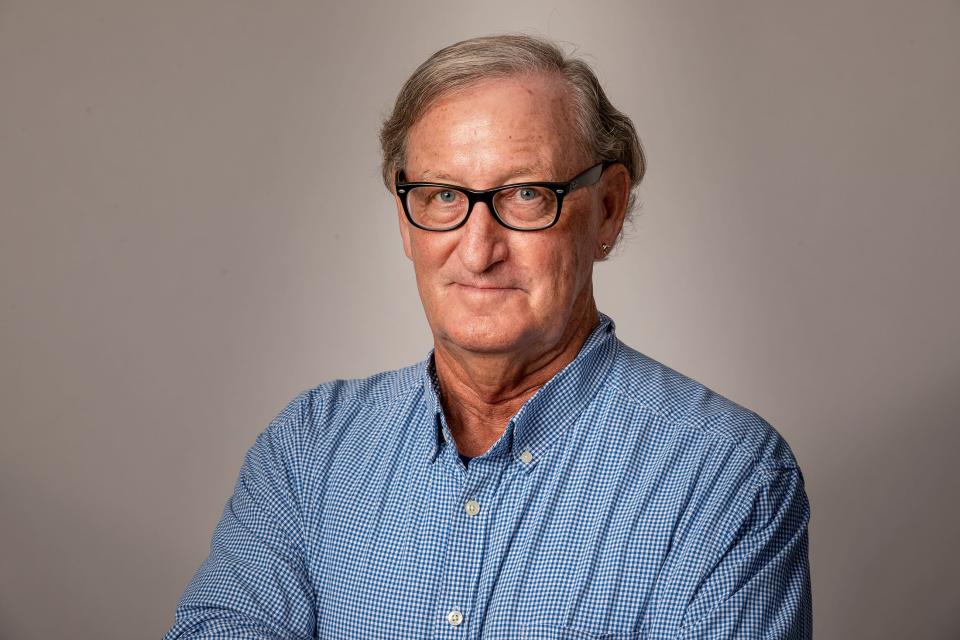Imagine a place where the topics are hot, but the discourse is civil | Bruce Anderson

It's spring break for us – and for some others, though ours is, by comparison, a bit early in the schedule.
I think the idea was that if we were a week or so earlier, our students would have first shot at Disney and the beaches, before the northern invasion began, but that’s possibly apocryphal. The parks used to have lulls in attendance, but with new prosperity and easy access travel, there’s never a slowdown anyway.
I do know that they are ready for a break of some sort, and most are headed back to reconnect with family and friends at home, by my entirely anecdotal count, rather than to craziness on the panhandle riviera. Beach stuff can be good, and I’d never rule out lunacy in a general, college-student kind of way. It’s probably much-needed about this time of the semester.
In my case, the “break” started with conference playoff basketball games, along with just-started lacrosse and tennis season matchups. But all this was prelude.
We also have a traditional academic “match” of major proportions. A larger subset than usual of our departmental students is giving up break for a few days to head to Charleston, South Carolina, for a major national academic conference – not to “shadow” or to simply poke around, but to take center stage and present carefully developed original research they’ve been laboring over since late August.
Can We Get It Together? Where governing and campaigning collide | Bruce Anderson
The Citadel’s Symposium on Southern Politics is a biennial event, sponsored by their Political Science faculty, and has been in operation since before I was in grad school. It nearly always produces excellent published research, and every once in a while, a book is developed from materials that focus on one or another area. But it is entirely topically concentrated on the politics of the South, primarily the former Confederate states.
Electoral politics, policy differences, special challenges of our geography and diversity are usual features. Because of its special niche in the field, the Citadel’s symposium has faced down some of the most controversial topics in politics: the problems of desegregation; the disintegration of the “one-party” South; the rise in importance of African-American and Hispanic voters; the creation and re-creation of the Republican party.
No-one in their right mind would ever mistake The Citadel – “the Military College of South Carolina” – a liberal stronghold. Yet here, in the heart of what can be argued to be the most conservative bastion of the South, faculty, cadets and graduate students from around the country argue the toughest political and policy questions in an air of civility and the pursuit of knowledge through evidence.

For few days in March, we leave our political baggage and gather in the shade of the live oaks in a setting more reminiscent of a French Foreign Legion outpost than a traditional college. There, we trade ideas, swap campaign stories, make wild predictions and think seriously about the future of our political behavior.
This respite from the distorted screeches of the “real” political world allows for a reasoned discussion, from a little distance, of what is actually going on. For my students, this gives them the breathing room to think about their actual expectations from the system we all love, faults and all.
The sad thing is, of course, that it was not that long ago that conversations like this took place in coffee shops and bars and around dinner tables as a matter of course. While Thanksgiving has never been easy to get through for some (for any number of reasons), it was not because you had missing family members as a result of their choice for president or their position on a political issue.
We need to keep teaching the tough stuff; the divisive stuff — we all do: parents, teachers, pastors and the rest — in a way that people can see that they can disagree and still remain friends.
It’s that or give boxing lessons.
R. Bruce Anderson is the Dr. Sarah D. and L. Kirk McKay, Jr. Endowed Chair in American History, Government, and Civics and Miller Distinguished Professor of Political Science at Florida Southern College. He is also a columnist for The Ledger and political consultant and on-air commentator for WLKF Radio in Lakeland.
This article originally appeared on The Ledger: Imagine debating the hottest topics with civility. Such a place exists

